While religious beliefs and practices vary widely across faiths and cultures, people who deeply commit to their religious beliefs often share a lot of the same behavioural and psychological characteristics.

No one should be judging these traits or those who have them as positive or negative, but rather understanding how deep religious conviction tends to shape human behaviour and the way they see the world. And just a reminder: It’s important to respect people’s beliefs and their right to have them, no matter how much you disagree with or don’t understand them.
1. Their days are built around routines.
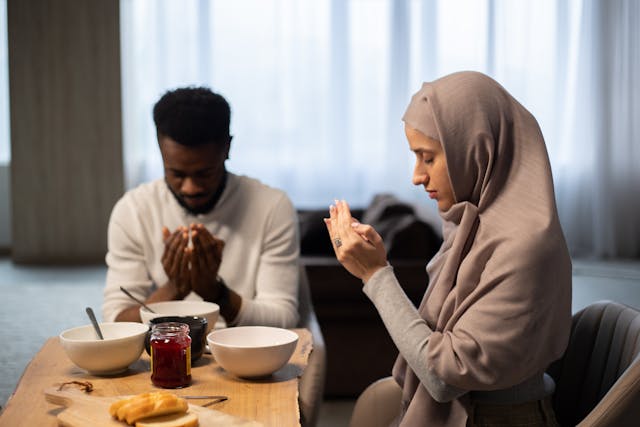
For many deeply religious people, daily life is structured around prayer times, meditation, or reading sacred texts. These routines often spill over into everything else, like when they eat, who they spend time with, and how they organise their day. Whether it’s morning prayers or setting aside time for weekly worship, these rhythms give their lives a sense of stability and purpose.
2. They find their community in their faith.
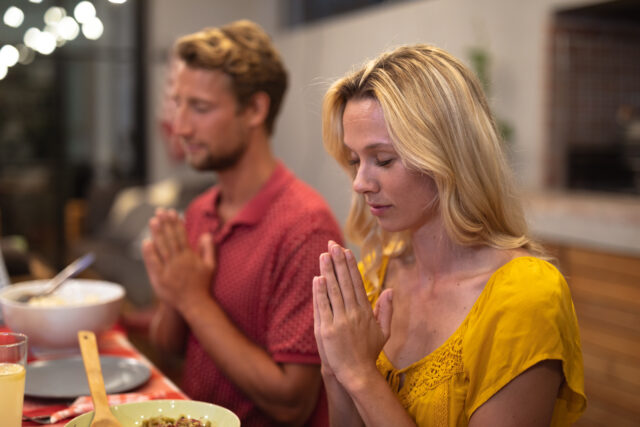
Faith often brings people together, and deeply religious people tend to have tight-knit connections with other people who share their beliefs. From group worship and community events to study sessions, these relationships are often central to their social lives. The bonds they form in these spaces create a support system they can rely on for advice, encouragement, and shared values.
3. Their decisions are guided by their faith.
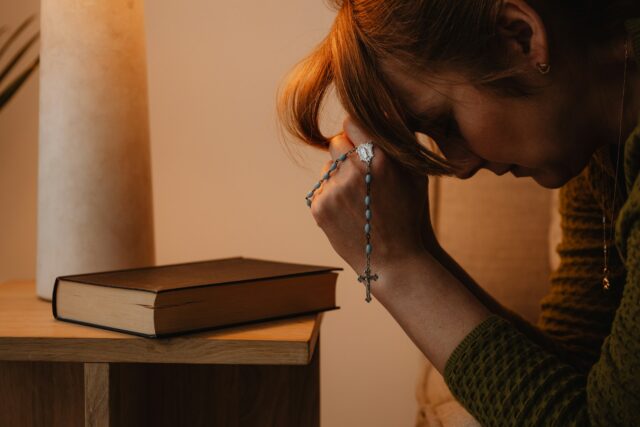
When making choices—big or small—they often turn to their religious teachings or texts for guidance. This framework helps them navigate tricky situations and make decisions that feel aligned with their beliefs. It’s not just about morals; it’s about having a clear path to follow when life gets complicated.
4. Rituals are part of their everyday lives.

Rituals aren’t just something they do at formal religious events—they’re woven into their daily habits. Whether it’s a specific way of eating, dressing, or celebrating, these practices help connect their everyday actions to their spiritual life. It’s about finding comfort and meaning in familiar, structured behaviours.
5. They see a bigger purpose in life.
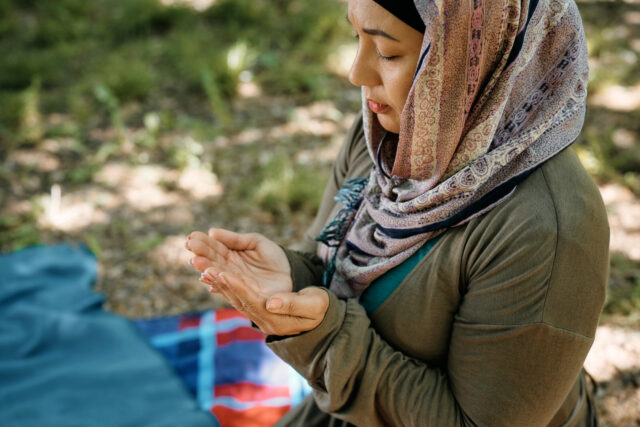
For many, their faith gives them a clear sense of why they’re here and what they’re working towards. It often influences how they choose their careers, build relationships, and plan their futures. Their beliefs give them a framework for seeing their place in the world and focusing on what matters most to them.
6. Their faith shows in how they talk.
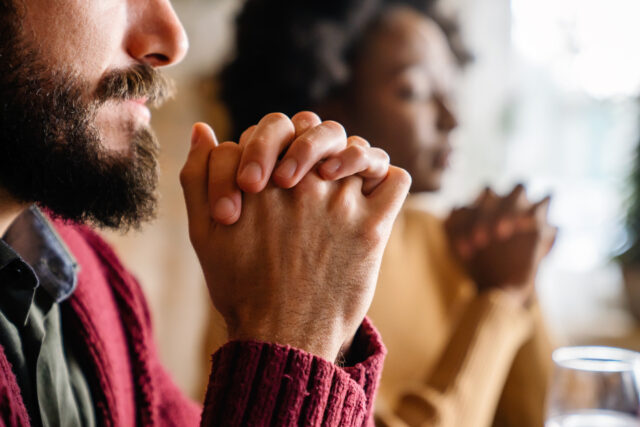
People with strong religious convictions often weave their beliefs into their everyday language. Whether it’s mentioning blessings, divine will, or phrases from sacred texts, their faith naturally comes up in conversation. It’s just part of how they process and share their view of the world.
7. They stick to clear moral boundaries.
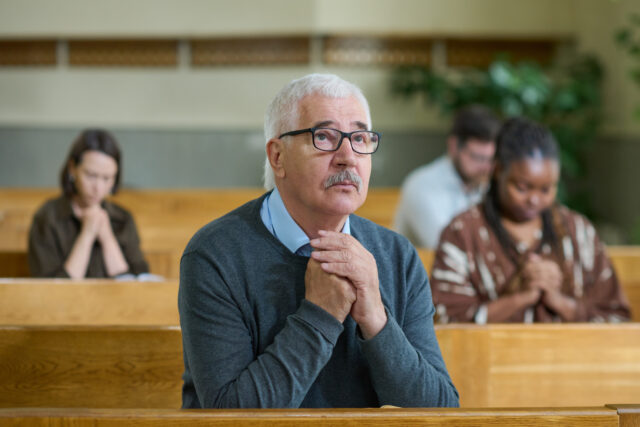
Their sense of right and wrong tends to come from their faith’s teachings, and it’s usually pretty straightforward. These moral guidelines shape how they act, the decisions they make, and even what they expect from people around them. It’s a way of staying true to their values, no matter the situation.
8. They’re careful about outside influences.
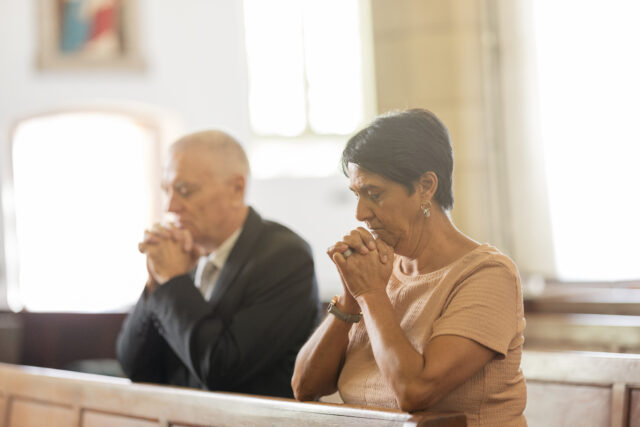
Many deeply religious people are selective about what they watch, listen to, or participate in. They filter what they consume through their values, choosing things that align with their beliefs. It’s not about shutting out the world—it’s about protecting what’s important to them and staying grounded in their faith.
9. Self-reflection is a regular habit.
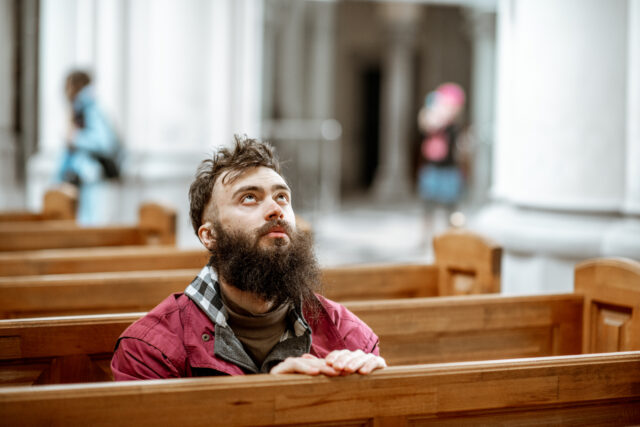
Whether it’s through prayer, meditation, or quiet time, they spend a lot of time thinking about how their actions align with their beliefs. It’s not about being perfect—it’s about making sure they’re living in a way that feels right to them. This kind of introspection helps them grow spiritually and personally.
10. Sacrifice is part of their life.
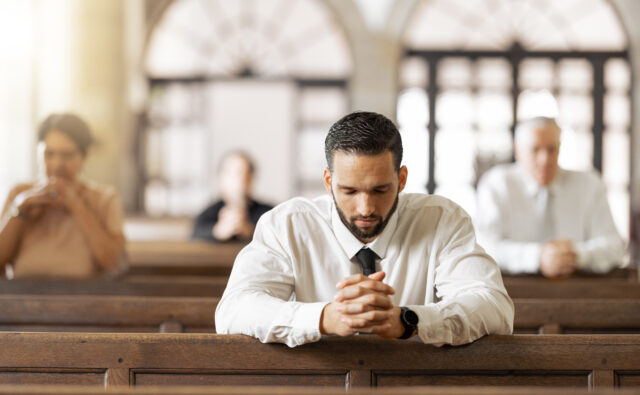
From fasting and giving up certain comforts to dedicating time and energy to their faith, deeply religious people often make sacrifices that reflect their commitment. These choices aren’t about deprivation—they’re about focusing on what they believe matters most.
11. They prioritise learning about their faith.
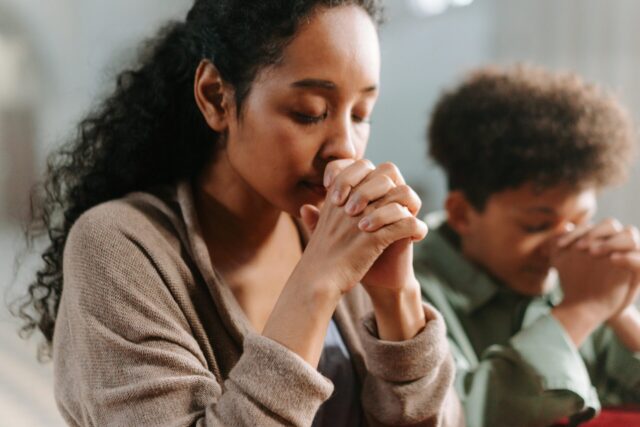 Source: Pexels
Source: Pexels Religious education isn’t something they leave behind after childhood—it’s an ongoing process. Whether it’s attending lectures, reading sacred texts, or studying with other people, they’re always looking to deepen their understanding. For them, learning is a lifelong way to stay connected to their beliefs.
12. They think about the next generation.
 Source: Unsplash
Source: Unsplash Passing their faith down is a big priority for many religious people. This shapes how they raise their kids, what kind of education they choose, and even the traditions they keep alive at home. It’s about creating a foundation their family can build on for years to come.
13. Their appearance reflects their beliefs.
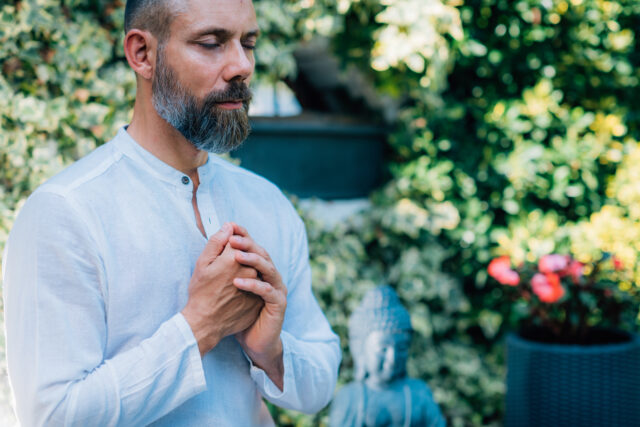
For some, religious commitment shows up in how they dress or present themselves. Whether it’s wearing specific clothing, keeping to certain grooming standards, or using religious symbols, these outward signs are often a way of expressing their inner faith.
14. Their schedule revolves around faith.
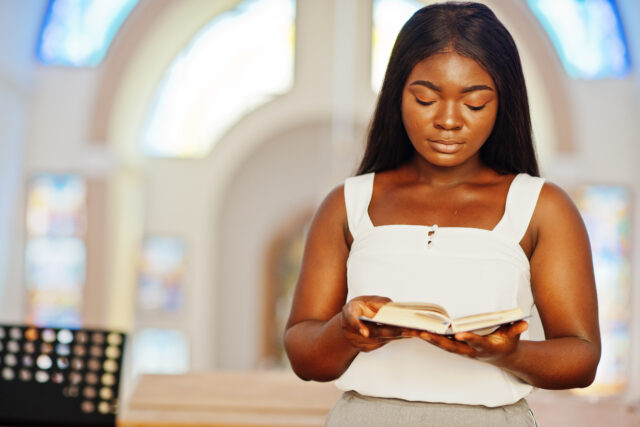
Worship, community service, and other religious commitments often take priority when they’re planning their time. This doesn’t mean they don’t make room for other things—it just means their faith is central to how they organise their life.
15. Faith helps them handle tough times.
 Source: Unsplash
Source: Unsplash When life gets hard, they lean into their beliefs for strength and guidance. Whether it’s turning to prayer, getting support from their community, or finding comfort in religious teachings, their faith gives them a way to navigate challenges. It’s about holding on to hope and finding meaning even in difficult moments.




